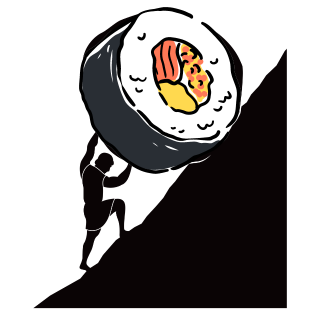Action Mentality
There was once a professor who split the students in her pottery class into two groups. The first group was instructed to spend the entire semester working on crafting a single, perfect pot, and they would be graded solely on quality. The second group was tasked with creating as many pots as possible over the semester, with their grade based entirely on quantity.
By the end of the semester, an interesting result emerged: the highest-quality pots always came from the quantity group. While the quality-focused students spent weeks theorizing, planning, and perfecting a single pot, the quantity-focused students repeatedly practiced, experimented, and learned from their mistakes. Through repetition, they continuously refined their skills and as a result produced works of far greater quality.
This story illustrates an important principle: when it comes to learning, consistent action with moderate effort often leads to better results than sparse action with intense effort. Practice and repetition create a feedback loop where each attempt sharpens your skills and teaches you something new. This principle applies to nearly any skill. It’s why top athletes practice nearly every day, why top students grind through countless homework problems, and why top artists have thousands of creations. Growth comes from putting in the miles, learning by doing, and embracing the iterative process.
Which is why it’s essential to balance theory with action. While it’s tempting to spend hours planning or preparing, real growth happens when you step out of the theoretical and into the practical. Practicing in real-life situations not only strengthens your skills but also exposes you to nuances and challenges you’d never encounter in theory alone.
However, learning through action doesn’t mean mindless repetition. Thoughtful action is key: engaging with the process, analyzing results, and adapting as you go. Success comes from understanding why an action worked or didn’t work and using that insight to adjust future efforts. This cycle of action and reflection ensures every effort contributes to meaningful progress.
Learning is an active process, not a passive one. Growth comes from preparation paired with action, from theory paired with practice. Like the pottery students, the more you create, experiment, and refine, the closer you’ll get to mastery. Don’t wait for the perfect plan or moment, take action now. Embrace imperfection, learn from the process, and watch as each step brings you closer to excellence.
